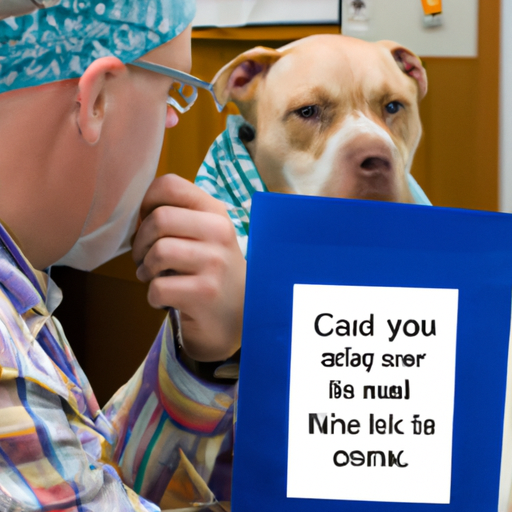Caring for our four-legged friends can sometimes be a challenging task, especially when they fall ill. One of the most common ailments dogs can contract is kennel cough. This article will delve into what it is, how it can be prevented, and most importantly, how it can be treated.
1. Understanding Kennel Cough
Kennel cough, also known as canine infectious tracheobronchitis, is a highly contagious respiratory disease. Dogs commonly contract it in places where large numbers of canines congregate, like boarding and daycare facilities, dog parks, training groups, and dog shows.
Symptoms can include a strong cough, often with a “honking” sound, lots of sneezing, snorting, retching, and watery nasal discharge. In mild cases, dogs would continue to eat and remain active, but in severe cases, symptoms can progress and include lethargy, fever, inappetence, pneumonia, and in very rare cases, death.
2. Prevention is Better Than Cure
Preventing kennel cough can save your dog a lot of discomfort. Here are some preventive measures:
- Vaccination: Vaccinating your dog against Bordetella bronchiseptica and canine parainfluenza virus is the most common way to prevent kennel cough.
- Good hygiene: Regular cleaning of your dog’s living area and toys helps to reduce the risk of kennel cough.
- Avoid crowded places: Try to keep your dog away from crowded places where the chance of infection is high.
3. Treating Kennel Cough
Kennel cough is often treated with a multi-faceted approach:
- Supportive care: This involves ensuring your dog is well-hydrated and comfortable. Use a humidifier in your home to soothe your dog’s respiratory tract.
- Medication: Your vet may prescribe cough suppressants, antibiotics, or nonsteroidal anti-inflammatory drugs (NSAIDs).
| Treatment Type | Example |
|---|---|
| Supportive care | Use of humidifier |
| Medication | Cough suppressants, Antibiotics |
4. When to See a Vet
While kennel cough often resolves on its own, it’s essential to keep a close eye on your dog’s condition. If your dog’s condition worsens or if they’re not eating or drinking, it’s time to consult your veterinarian.
5. The Role of Caregivers
As a caregiver, you play a crucial role in your dog’s recovery. Ensure they are comfortable, hydrated, and getting adequate rest. Keep them in a stress-free environment as much as possible. Remember, your loving care is often the best medicine.
FAQ Section
Q: Is kennel cough contagious to humans?
A: While it’s rare, kennel cough can be transmitted to humans with weakened immune systems.
Q: How long does kennel cough last?
A: Kennel cough usually lasts between 10-20 days and remains contagious for three weeks after symptoms begin.
Q: Can I prevent my dog from getting kennel cough?
A: Vaccination and good hygiene can help prevent your dog from contracting kennel cough.
Q: Should I take my dog to the vet if they have kennel cough?
A: If your dog’s condition worsens, or if they’re not eating or drinking, take them to the vet immediately.
Your loving care and a little knowledge can go a long way in ensuring your furry friend’s quick recovery from kennel cough.



